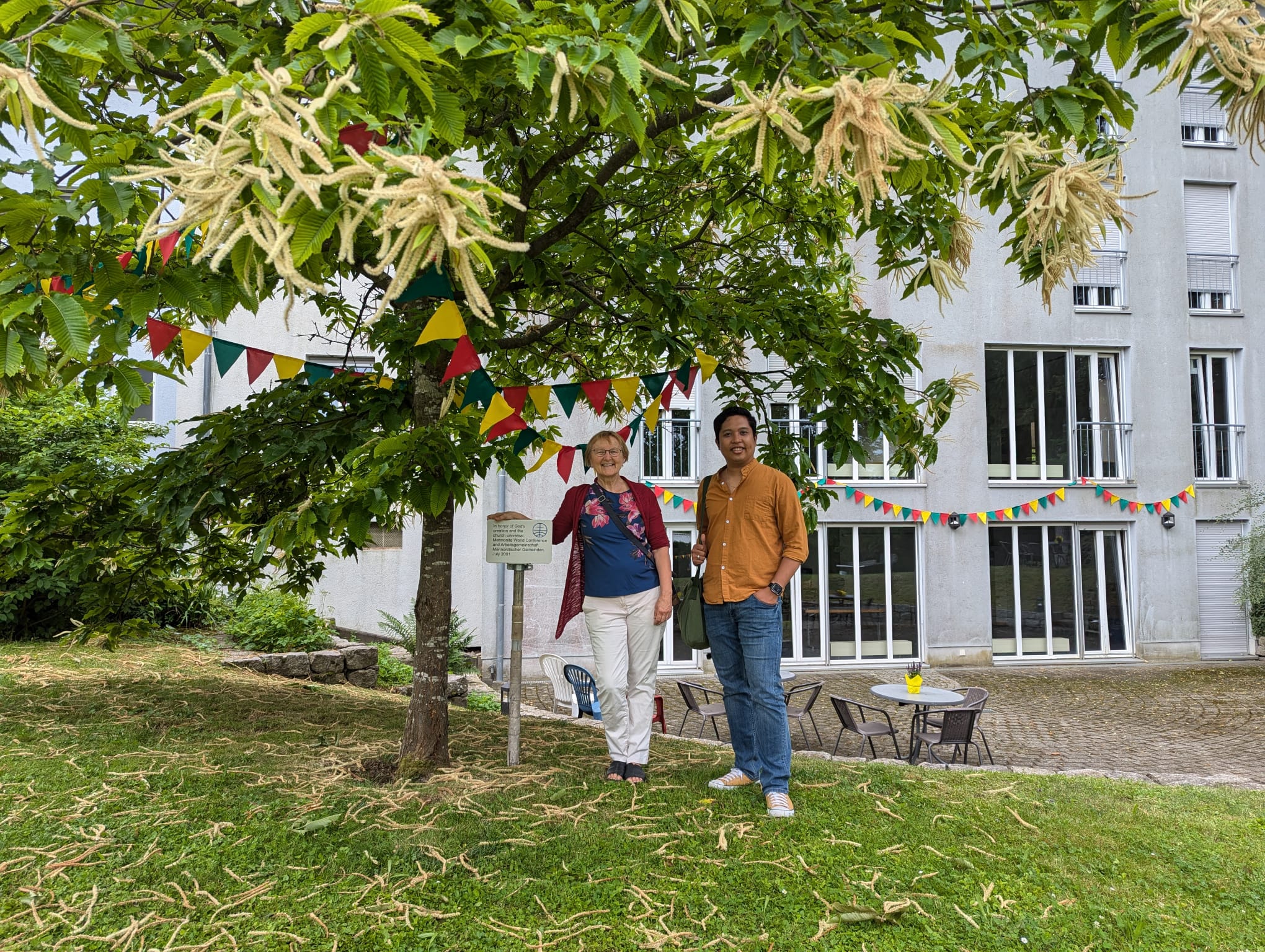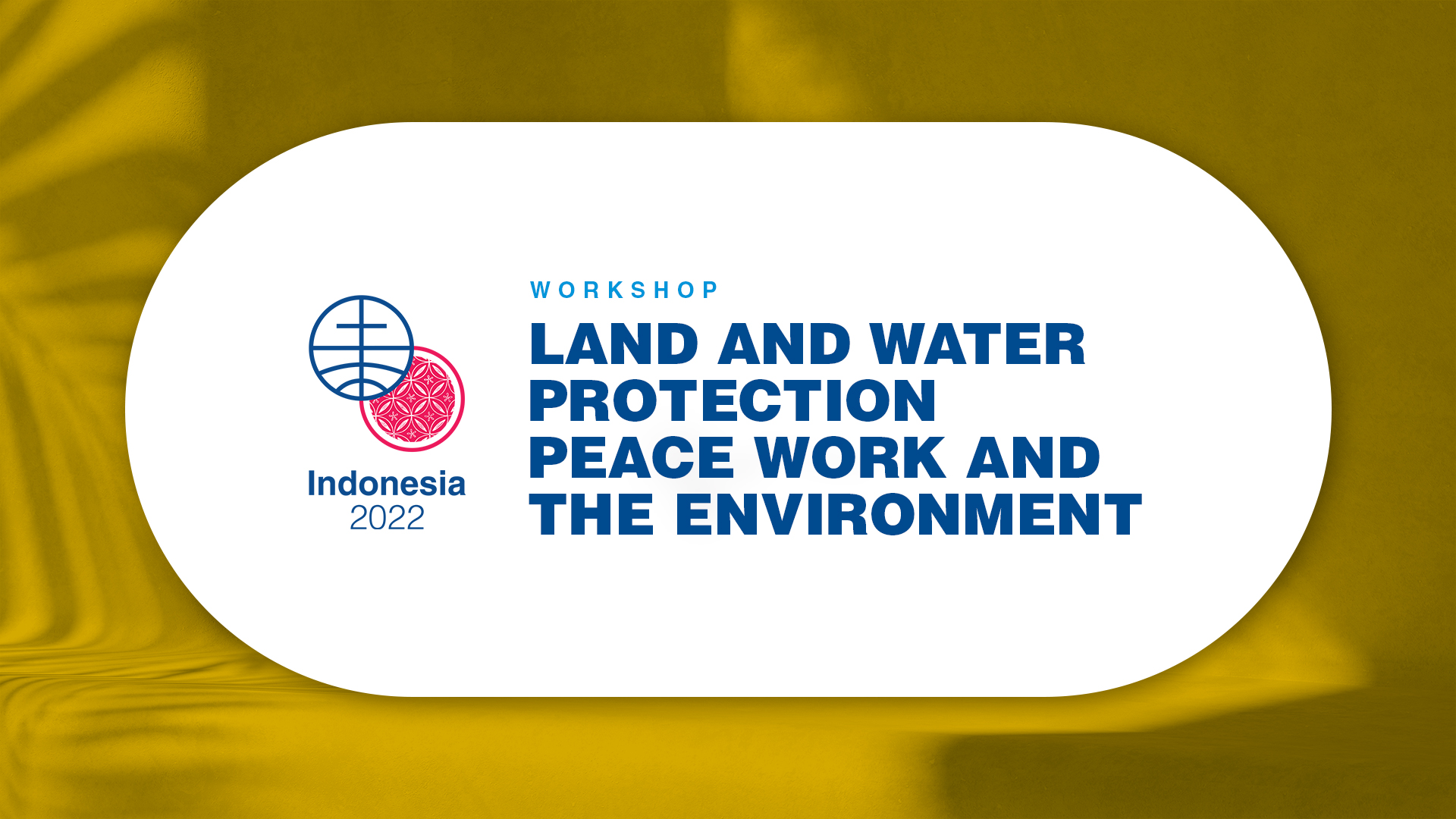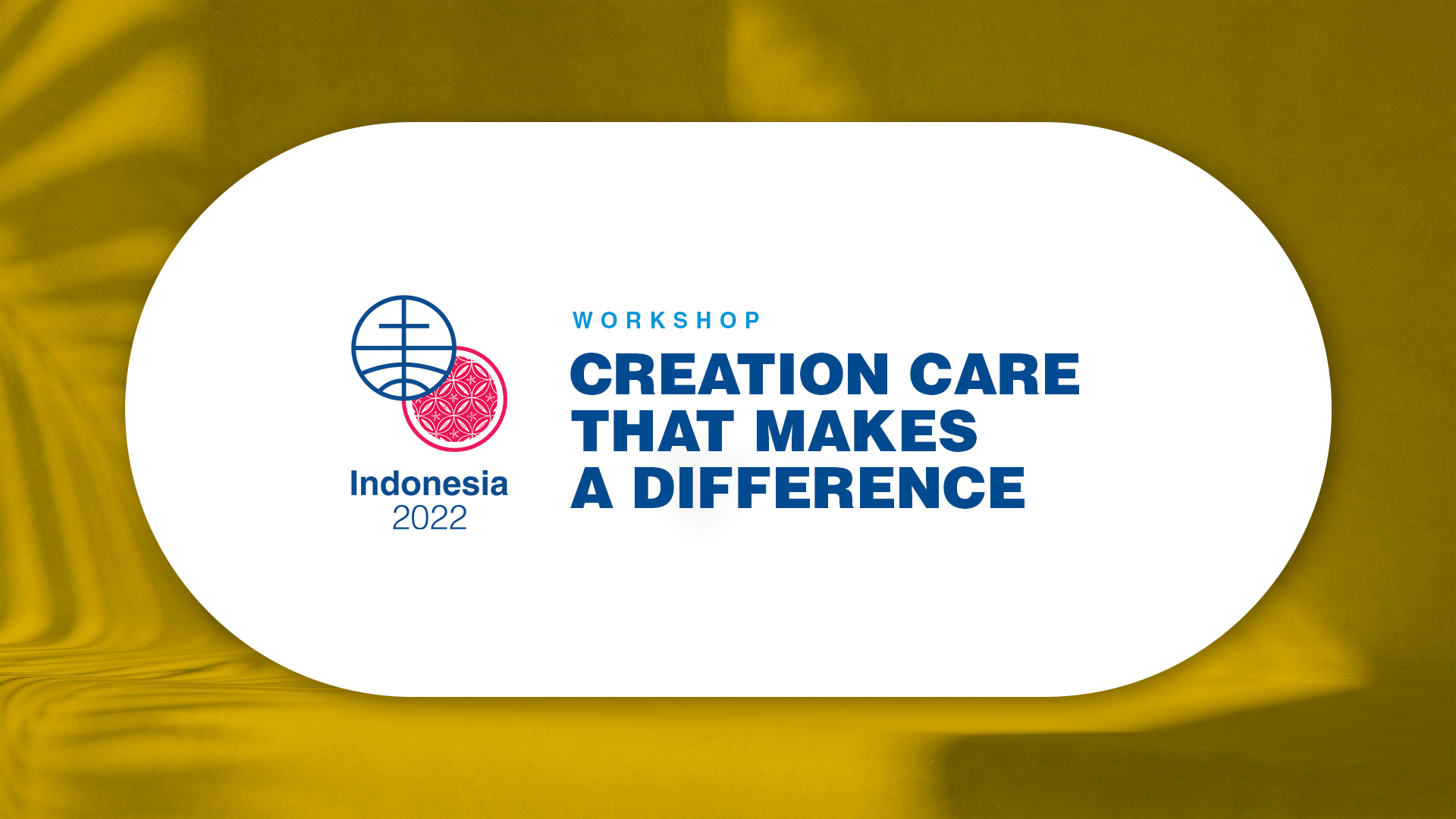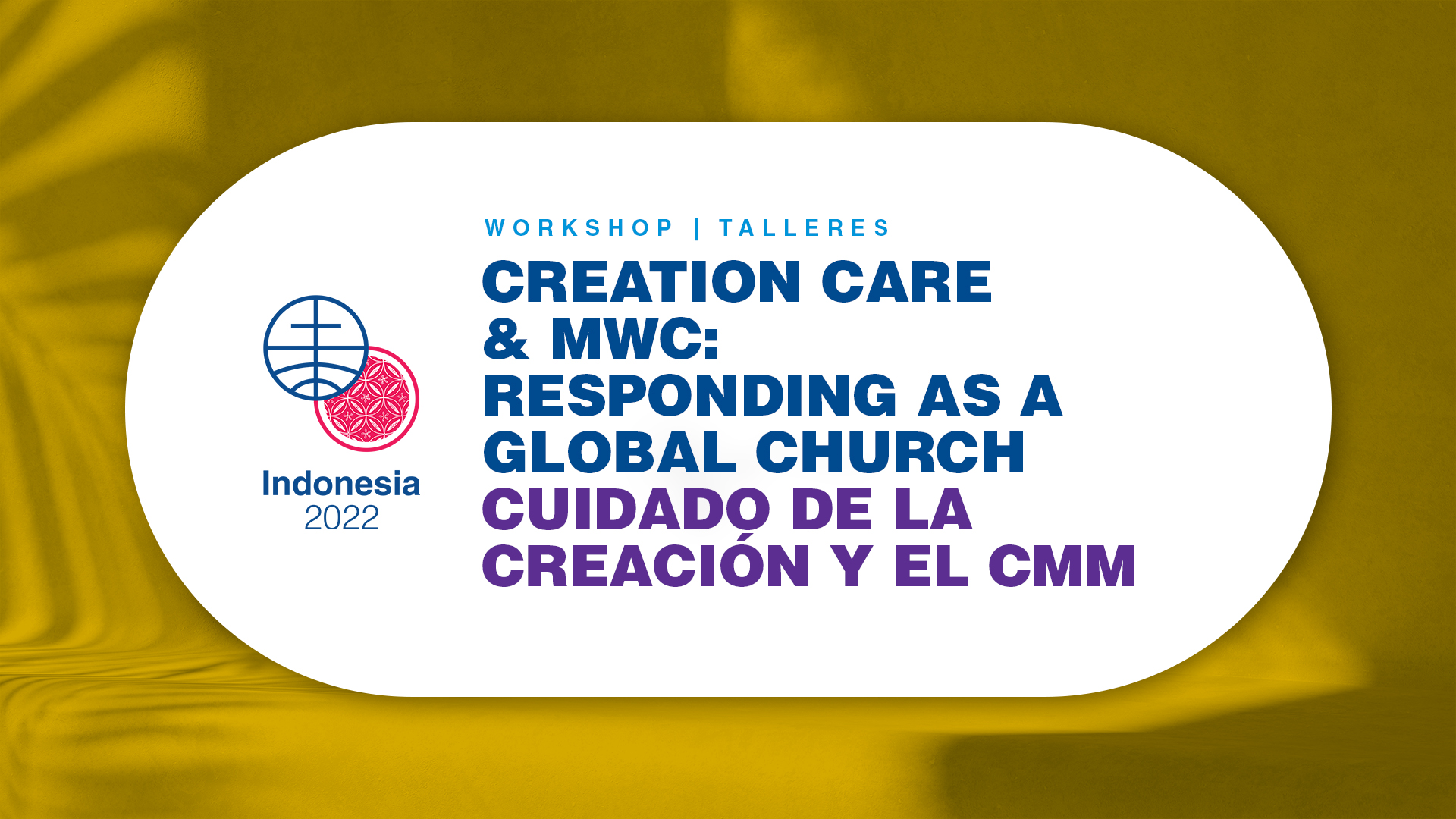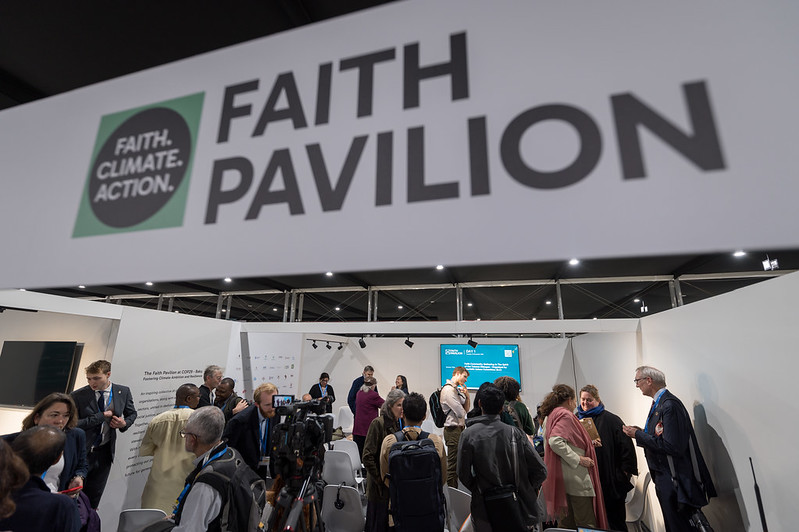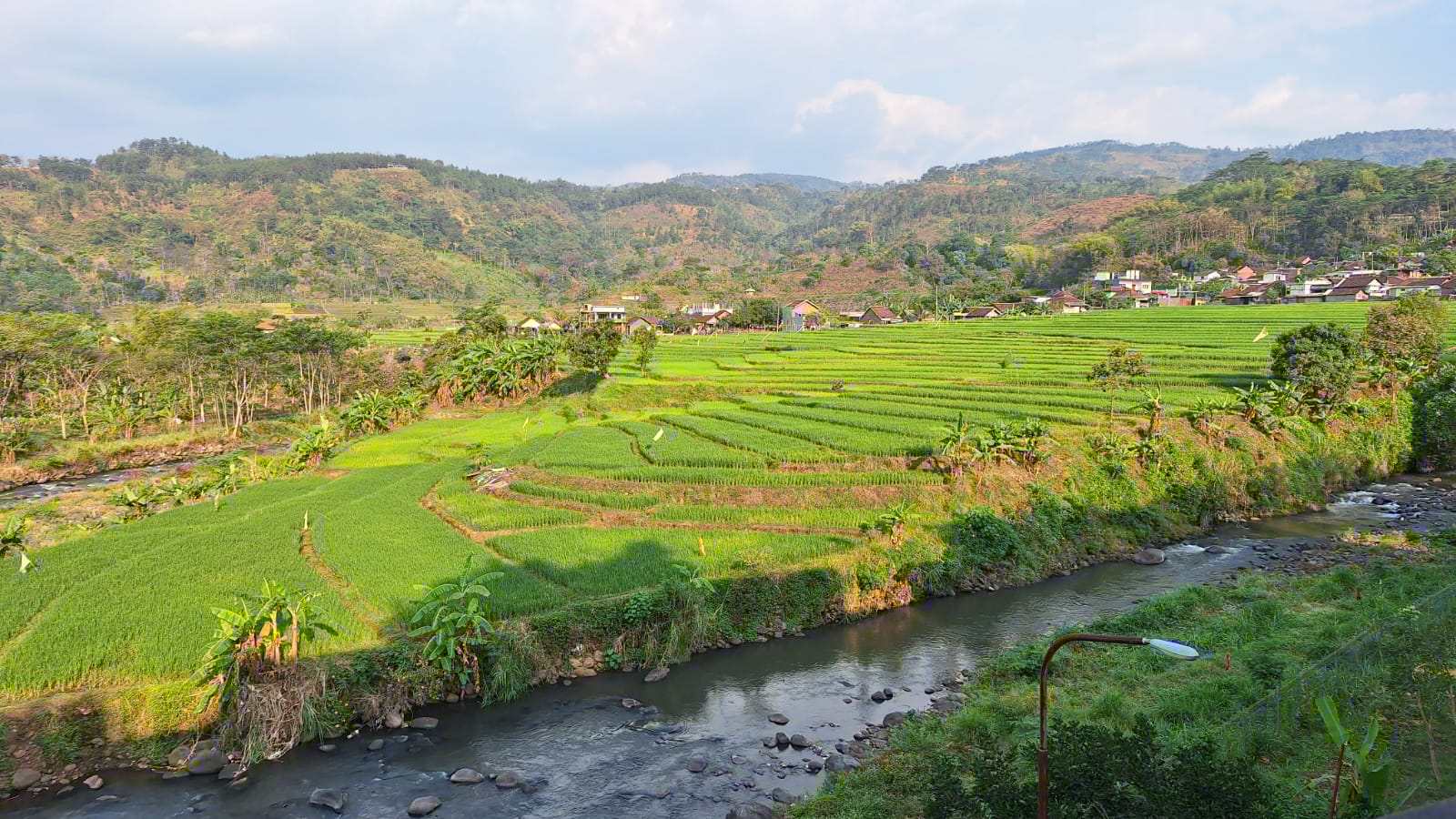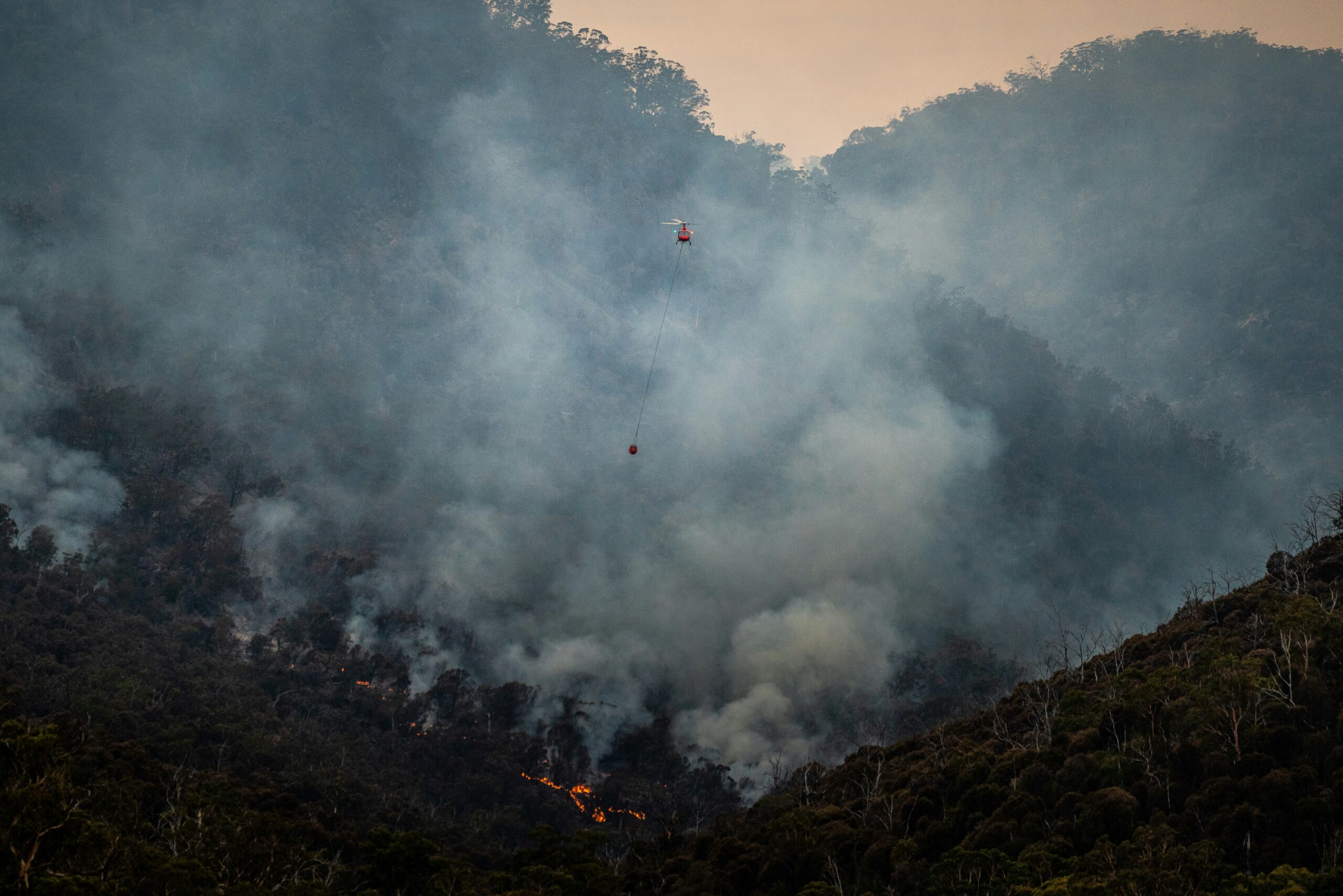-
General Council leaves a mark
At a prayer meeting, a Mennonite World Conference staff member prayed that the presence of Anabaptists gathered in Germany for General Council meetings would leave a mark. Although the prayer was to leave behind the fragrance of Christ, there will also be a living memento of Mennonite World Conference’s visit. The Executive Committee, Commissions, Creation…
-
Responding to Climate Crisis as a Missional Responsibility
Indonesia 2022: workshop Humanity is facing cataclysmic impacts of the climate crisis and enormous effects of the loss of natural ecosystems and biodiversity. What is our calling as partners in the care of God’s good creation? The missional role of the Church in actively restoring a harmonious and future-looking interaction with our environment is absolutely…
-
Land and water protection: peace work and the environment
Indonesia 2022: workshop Across many continents, Community Peacemaker Teams has supported accompaniment work in communities that suffer from environmentally and socially disruptive extractive industries. This workshop explores stories of individuals who have worked with CPT to oppose logging, extraction, fossil fuels, and land theft. We will draw lessons for Anabaptist peace and environmental work. Presenter:…
-
Creation care that makes a difference
Indonesia 2022: Workshop Humanity’s impact on the environment demonstrates the need for a change of direction. Yet so often steps toward “creation care” seem overwhelmingly large or too small to make a difference. This workshop will examine ways followers of Jesus as individuals and organizations can live into a more sustainable future. Presenter: Tim Wiebe-Neufeld…
-
Creation Care Task Force: Rationale and mandate
Creation Care Task Force Rationale: MWC is a global communion of Anabaptist churches that are together facing the climate crisis. Central to our ethos is to respond faithfully to the challenges of our world. What does it mean to follow Jesus into this crisis? Member churches Ð along with all humanity Ð are all at…
-
Creation Care and MWC Responding as a Global Church
Indonesia 2022: workshop Creation Care and MWC: Responding as a Global Church “El cuidado de la creación y el CMM: Respondiendo como iglesia mundial” « La protection de la création et la CMM : une réponse de l’église mondiale » How should Mennonite World Conference respond to climate and other environmental crises which are impacting…
-
Climate Pollinators, a webinar series
This webinar is jointly organized by the Creation Care Task Force and Anabaptist Climate Collaborative. In these webinars, MWC’s Creation Care Task Force members from each region host one hour of storytelling and Q&A. Church members from around the world will share how they are affected by climate change – and responding with resilient action and gospel hope. …
-
COP 29 blogs by a Dutch Mennonite
Updates from COP 29 – United Nations Framework Convention on Climate Change (UNFCC) “We are witnessing terrible violence against God’s beloved creation. And we are increasingly aware of how much we share in the harm, both as sinners and as sinned-against,” says Thomas R Yoder Neufeld, chair of the Faith & Life Commission. “We must…
-
Prayer: To hope and act with creation
The Season of Creation, an annual ecumenical initiative, concludes with the feast of Saint Francis of Assisi on 4 October. Inspired by his Canticle of Creatures and Romans 8:19-25, this prayer invites us to praise, repent and lament, and then “to hope and act with Creation”. God, Creator of heaven and earth, We praise you…
-
Faithfulness in action
The environmental crisis and our mandate to care for creation A word of encouragement from the MWC Faith & Life Commission and the Creation Care Task Force. Part 2 of 2 “Creation care” is taking on ever-increasing urgency. The news reminds us daily of alarming changes in our climate. We are witnessing terrible violence against…
-
God so loved the cosmos…
The environmental crisis and our mandate to care for creation A word of encouragement from the MWC Faith & Life Commission and the Creation Care Task Force. Part 1 of 2 “Creation care” is taking on ever-increasing urgency. The news reminds us daily of alarming changes in our climate. As the Creation Care Task Force’s…
